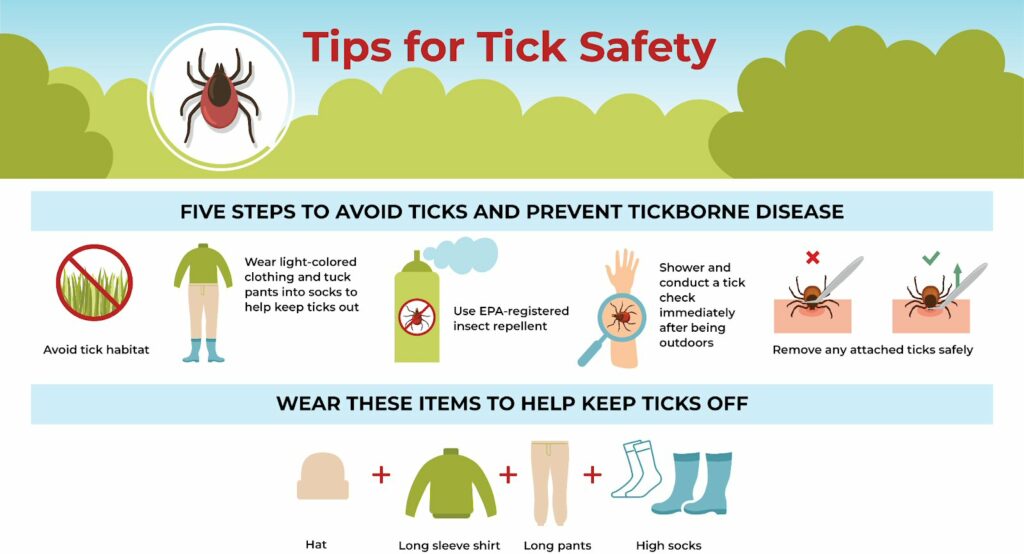First Powassan Virus Death in Maryland
Maryland Health officials on Friday announced the first travel-related Powassan virus death in the state. Powassan is spread by the bite of an infected tick – and it is very rare. This is the first-ever case recorded in Maryland. Health officials say the individual contracted the virus in Canada and returned to Maryland afterwards. The virus is NOT transmitted person to person.
Additional information from the MD Department of Health:
According to the CDC, the Powassan virus is rare and is not transmitted from person to person, except in rare instances by blood transfusion. There are no vaccines to prevent or medicines to treat Powassan virus disease. Most cases in the United States occur in the northeast and Great Lakes regions from late spring through mid-fall when ticks are most active.
The Maryland Department of Health will launch a “Maryland, Get Ticked Off!” campaign next week, to help Marylanders take proactive steps to protect against tick bites. The campaign includes a Tickborne Disease Occupational Toolkit containing health information for people whose job sites and work activities could put them at risk for tick bites, and social media images promoting good tick-monitoring habits.

You can reduce your risk of contact with ticks by avoiding wooded and brushy areas with high grass and leaf litter. Conduct a full body check upon return from potentially tick-infested areas, including your own backyard. Check these parts of your body and your child’s body for ticks:
- Under the arms
- In and around the ears
- Inside belly button
- Back of the knees
- In and around the hair
- Between the legs
- Around the waist
Many people infected with Powassan virus do not have symptoms. For those who have them, initial symptoms can include fever, headache, vomiting, and weakness. The Powassan virus can cause severe disease, including infections of the brain (encephalitis) or the membranes that surround the brain and spinal cord (meningitis). Symptoms of severe disease can include confusion, loss of coordination, difficulty speaking, and seizures.
For more information on the Powassan virus, visit the Centers for Disease Control and Prevention Powassan virus information page.


